2013 Dodge Avenger Brake Rotors and Pads
Click here to search another vehicle
All Rotors:
OEM x
Coated x
Drilled, Slotted and Coated x
Front x
Rear x
All Pads:
Ceramic x
Semi-metallic x
Front x
Rear x
Found 22 record
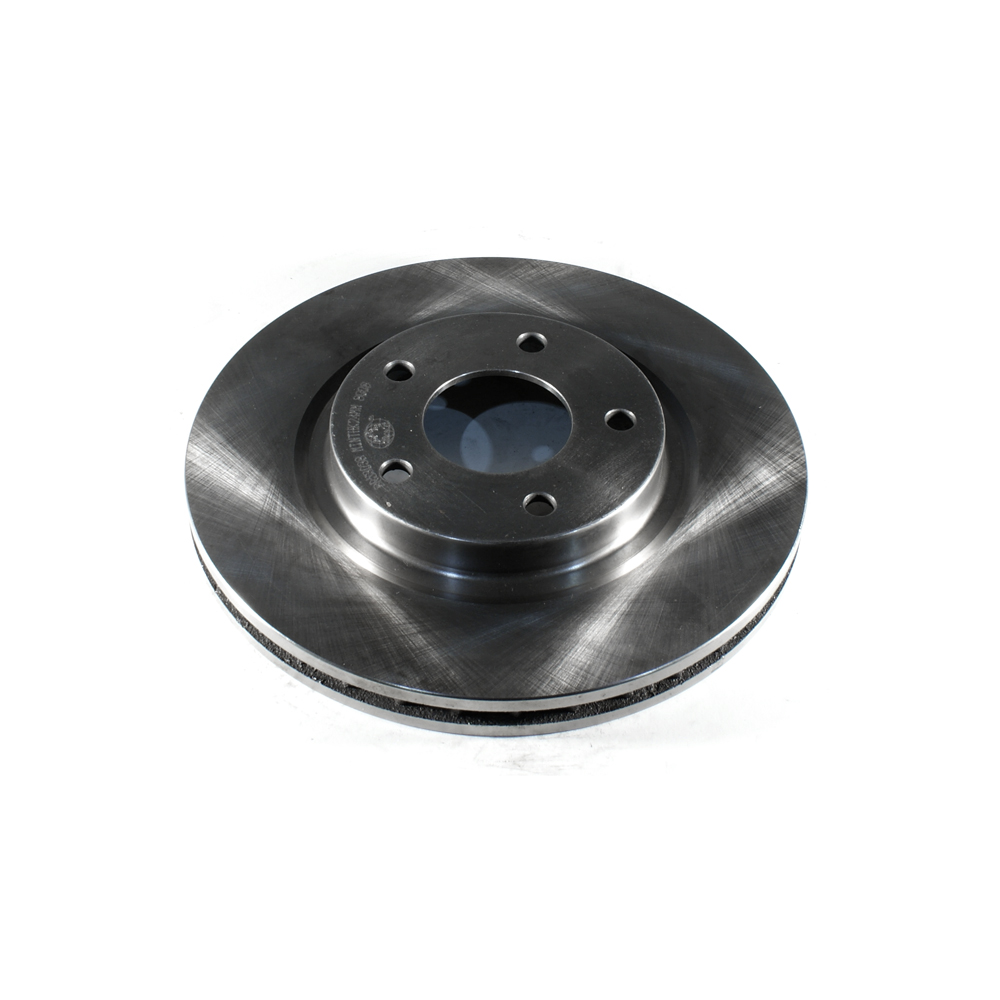
Part No: BR53038
Raybestos: 780459
OE: 5105514AA
Raybestos: 780459
OE: 5105514AA
$39.35 each
Per Car QTY: 2
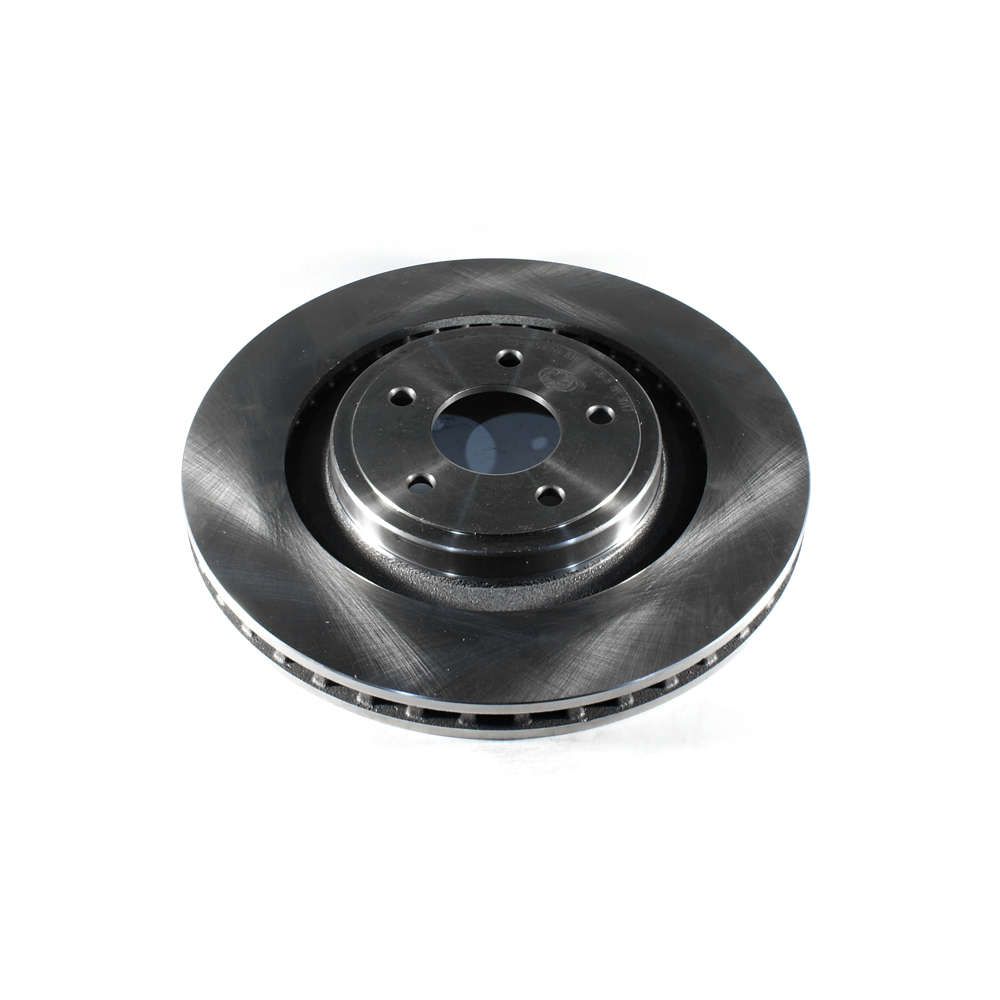
Part No: BR53058
Raybestos: 780753
OE:
Raybestos: 780753
OE:
$73.19 each
Per Car QTY: 2
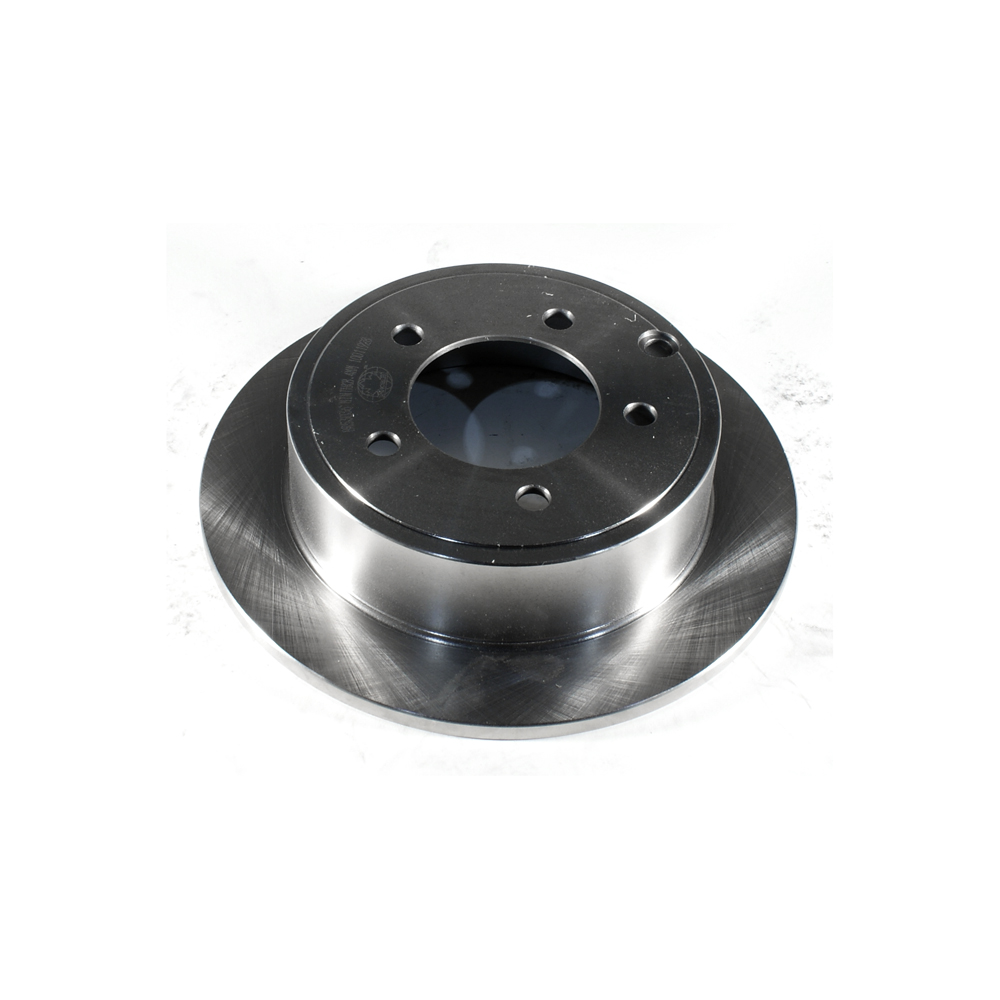
Part No: BR53036
Raybestos: 780457
OE: 5105515AA
Raybestos: 780457
OE: 5105515AA
$29.18 each
Per Car QTY: 2
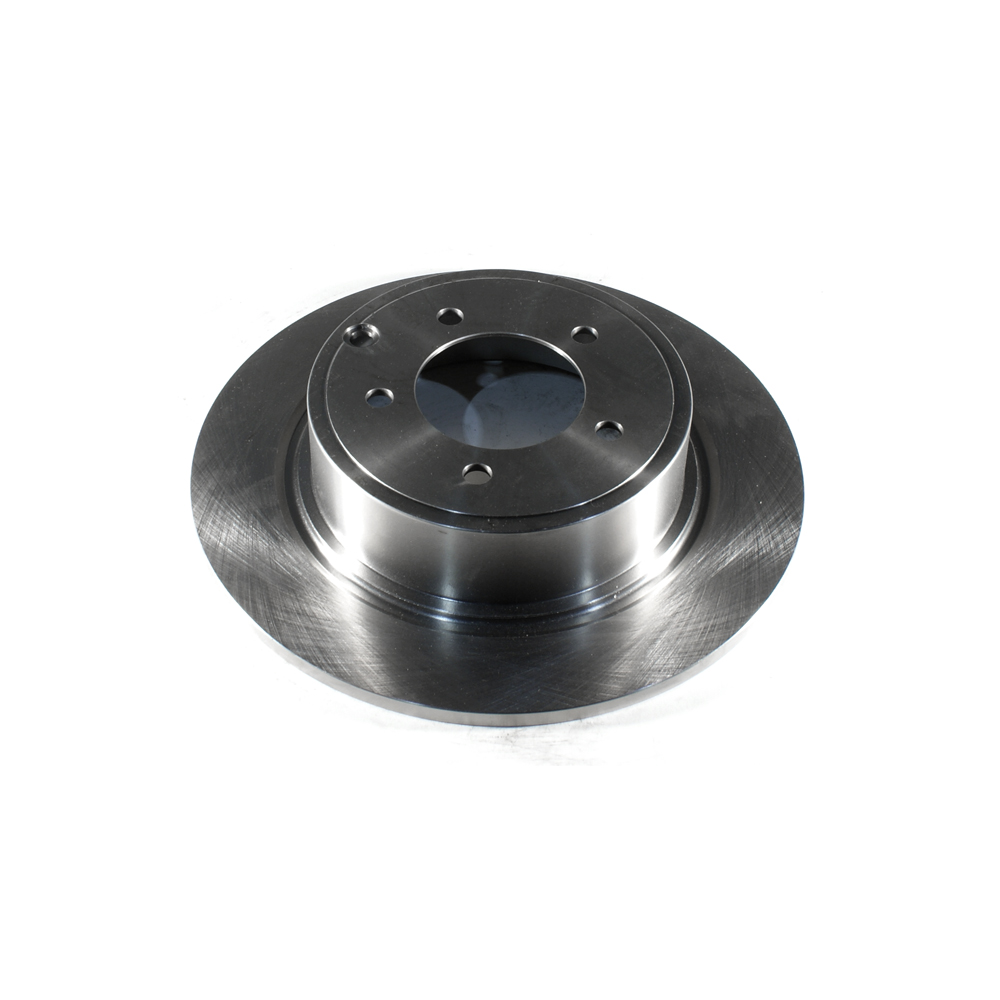
Part No: BR53043
Raybestos: 780541
OE: 4743999AA
Raybestos: 780541
OE: 4743999AA
$36.97 each
Per Car QTY: 2
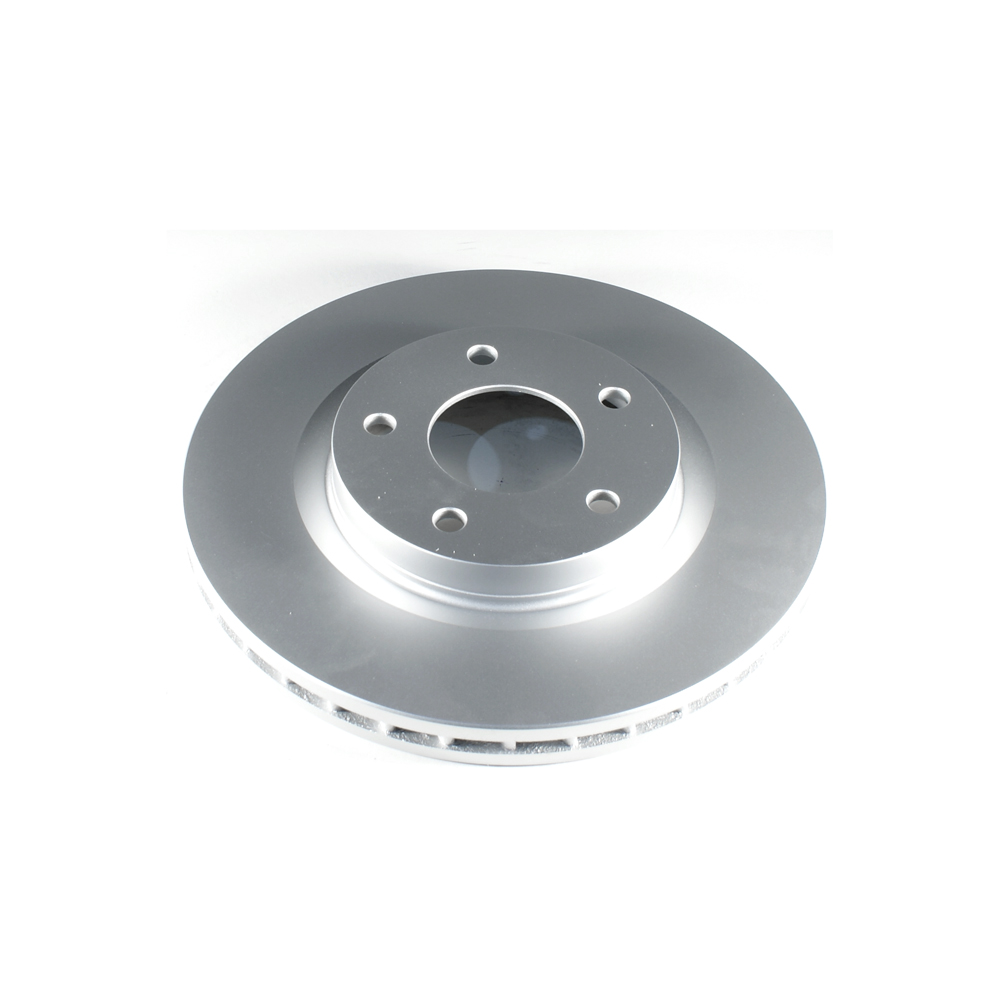
Part No: PP53038
Raybestos: 780459
OE: 5105514AA
Raybestos: 780459
OE: 5105514AA
$50.78 each
Per Car QTY: 2
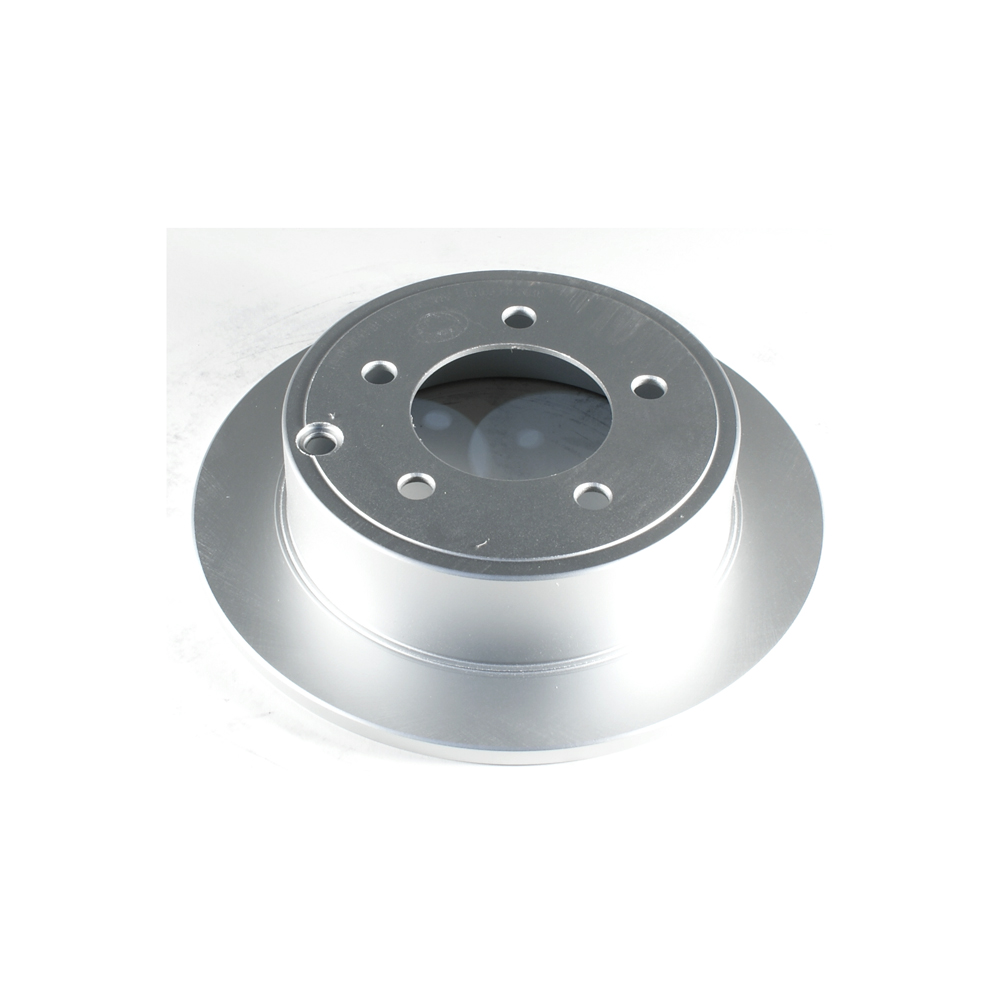
Part No: PP53036
Raybestos: 780457
OE: 5105515AA
Raybestos: 780457
OE: 5105515AA
$36.38 each
Per Car QTY: 2
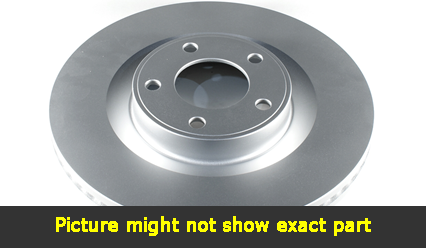
Part No: PP53043
Raybestos: 780541
OE: 4743999AA
Raybestos: 780541
OE: 4743999AA
$47.7 each
Per Car QTY: 2
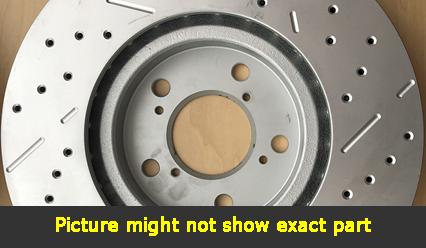
Part No: SP53038L
Raybestos: 780459
OE: 5105514AA
Raybestos: 780459
OE: 5105514AA
$83.18 each
Per Car QTY: 1
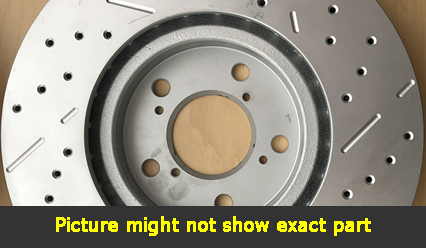
Part No: SP53038R
Raybestos: 780459
OE: 5105514AA
Raybestos: 780459
OE: 5105514AA
$83.18 each
Per Car QTY: 1
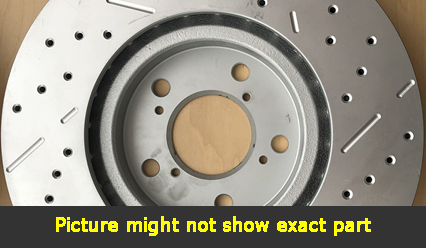
Part No: SP53036L
Raybestos: 780457
OE: 5105515AA
Raybestos: 780457
OE: 5105515AA
$68.78 each
Per Car QTY: 1
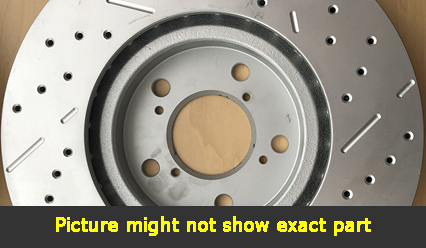
Part No: SP53036R
Raybestos: 780457
OE: 5105515AA
Raybestos: 780457
OE: 5105515AA
$68.78 each
Per Car QTY: 1
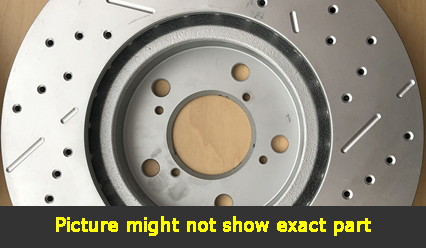
Part No: SP53043L
Raybestos: 780541
OE: 4743999AA
Raybestos: 780541
OE: 4743999AA
$80.1 each
Per Car QTY: 1
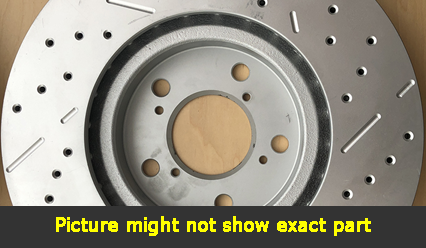
Part No: SP53043R
Raybestos: 780541
OE: 4743999AA
Raybestos: 780541
OE: 4743999AA
$80.1 each
Per Car QTY: 1

Part No: PD1058C
Raybestos: 1058
OE:
Raybestos: 1058
OE:
$37.13 each
Per Car QTY: 1

Part No: PD1285C
Raybestos: 1285
OE:
Raybestos: 1285
OE:
$42.1 each
Per Car QTY: 1

Part No: PD1037C
Raybestos: 1037
OE:
Raybestos: 1037
OE:
$34.65 each
Per Car QTY: 1
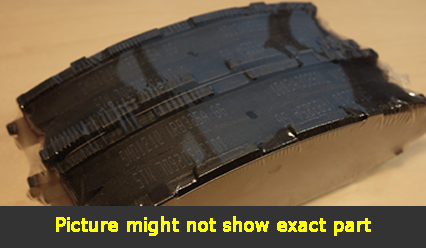
Part No: SMD1058
Raybestos:
OE:
Raybestos:
OE:
$25.92 each
Per Car QTY: 1
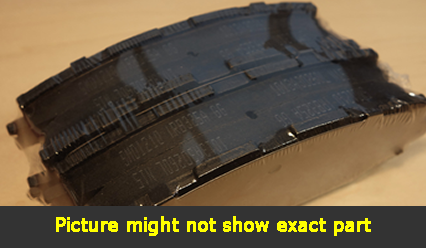
Part No: SMD1037
Raybestos:
OE:
Raybestos:
OE:
$20.72 each
Per Car QTY: 1
When it comes to car safety, one of the most crucial components is the brakes. Without properly functioning brakes, a vehicle becomes a potential hazard on the road. Therefore, it is essential for car owners to understand the importance of maintaining the brakes and ensuring they are in optimal condition. In this article, we will discuss the brakes of the 2013 Dodge Avenger and provide some valuable insights into their functionality and upkeep.
The 2013 Dodge Avenger is equipped with a reliable braking system that offers excellent stopping power and control. The vehicle comes with four-wheel disc brakes as standard, which is a substantial improvement over the traditional drum brakes. Disc brakes provide better cooling, less fade, and improved braking performance, making them ideal for everyday driving and emergency situations.
The Avenger's braking system consists of various components, including the brake pads, rotors, calipers, and brake lines. Let's take a closer look at each element:
1. Brake Pads: Brake pads are the primary components responsible for creating friction and stopping the vehicle. Over time, they wear out and require replacement. It is recommended to check the brake pads regularly and replace them if they become too thin or damaged. Most brake pads come with wear indicators that emit a squealing noise when it is time for replacement.
2. Rotors: Rotors, also known as brake discs, work hand in hand with brake pads to bring the vehicle to a stop. Like brake pads, rotors can wear down over time and develop grooves or scoring. If you notice pulsating or a vibrating sensation when braking, it may indicate the need for rotor resurfacing or replacement.
3. Calipers: Calipers house the brake pads and apply pressure to the rotors when the brake pedal is pressed. They play a crucial role in the braking system's operation. If your brakes feel spongy or fail to engage properly, it may indicate a problem with the calipers, such as worn-out seals or sticky pistons. In such cases, professional inspection or replacement may be necessary.
4. Brake Lines: Brake lines carry the brake fluid from the master cylinder to the calipers, enabling the brakes to function. Over time, brake lines can corrode, develop leaks, or become damaged. Regular inspection is important to ensure there are no leaks or blockages in the lines, as this could compromise the brake system's integrity.
To maintain the brakes of your 2013 Dodge Avenger, it is crucial to follow a few essential steps:
1. Regular Inspection: Perform a visual inspection of the brake components at least once a year or every 12,000 miles. Look for signs of wear, damage, or leaks. If anything appears concerning, consult a professional mechanic.
2. Brake Fluid Replacement: Brake fluid should be replaced every two years or as recommended by the manufacturer. Over time, brake fluid attracts moisture, which can decrease its effectiveness and lead to brake failure. Flushing and replacing the brake fluid ensures optimal performance.
3. Proper Driving Habits: Avoid aggressive driving, as excessive braking can cause unnecessary wear on the brake pads and rotors. Maintain a safe following distance to anticipate traffic changes and enable gradual braking rather than sudden stops.
4. Professional Maintenance: Schedule regular maintenance visits with a trusted mechanic who specializes in brake systems. They can inspect, clean, and adjust the brakes as needed to ensure optimal performance and safety.
In conclusion, the brakes of the 2013 Dodge Avenger provide reliable stopping power and control. Regular inspection, maintenance, and upkeep are essential to ensure their proper functioning. By following the manufacturer's recommendations and practicing safe driving habits, Avenger owners can enjoy a safe and enjoyable driving experience.
The 2013 Dodge Avenger is equipped with a reliable braking system that offers excellent stopping power and control. The vehicle comes with four-wheel disc brakes as standard, which is a substantial improvement over the traditional drum brakes. Disc brakes provide better cooling, less fade, and improved braking performance, making them ideal for everyday driving and emergency situations.
The Avenger's braking system consists of various components, including the brake pads, rotors, calipers, and brake lines. Let's take a closer look at each element:
1. Brake Pads: Brake pads are the primary components responsible for creating friction and stopping the vehicle. Over time, they wear out and require replacement. It is recommended to check the brake pads regularly and replace them if they become too thin or damaged. Most brake pads come with wear indicators that emit a squealing noise when it is time for replacement.
2. Rotors: Rotors, also known as brake discs, work hand in hand with brake pads to bring the vehicle to a stop. Like brake pads, rotors can wear down over time and develop grooves or scoring. If you notice pulsating or a vibrating sensation when braking, it may indicate the need for rotor resurfacing or replacement.
3. Calipers: Calipers house the brake pads and apply pressure to the rotors when the brake pedal is pressed. They play a crucial role in the braking system's operation. If your brakes feel spongy or fail to engage properly, it may indicate a problem with the calipers, such as worn-out seals or sticky pistons. In such cases, professional inspection or replacement may be necessary.
4. Brake Lines: Brake lines carry the brake fluid from the master cylinder to the calipers, enabling the brakes to function. Over time, brake lines can corrode, develop leaks, or become damaged. Regular inspection is important to ensure there are no leaks or blockages in the lines, as this could compromise the brake system's integrity.
To maintain the brakes of your 2013 Dodge Avenger, it is crucial to follow a few essential steps:
1. Regular Inspection: Perform a visual inspection of the brake components at least once a year or every 12,000 miles. Look for signs of wear, damage, or leaks. If anything appears concerning, consult a professional mechanic.
2. Brake Fluid Replacement: Brake fluid should be replaced every two years or as recommended by the manufacturer. Over time, brake fluid attracts moisture, which can decrease its effectiveness and lead to brake failure. Flushing and replacing the brake fluid ensures optimal performance.
3. Proper Driving Habits: Avoid aggressive driving, as excessive braking can cause unnecessary wear on the brake pads and rotors. Maintain a safe following distance to anticipate traffic changes and enable gradual braking rather than sudden stops.
4. Professional Maintenance: Schedule regular maintenance visits with a trusted mechanic who specializes in brake systems. They can inspect, clean, and adjust the brakes as needed to ensure optimal performance and safety.
In conclusion, the brakes of the 2013 Dodge Avenger provide reliable stopping power and control. Regular inspection, maintenance, and upkeep are essential to ensure their proper functioning. By following the manufacturer's recommendations and practicing safe driving habits, Avenger owners can enjoy a safe and enjoyable driving experience.






